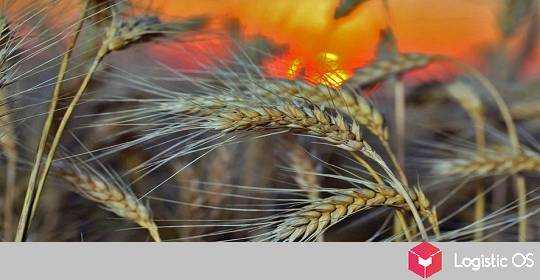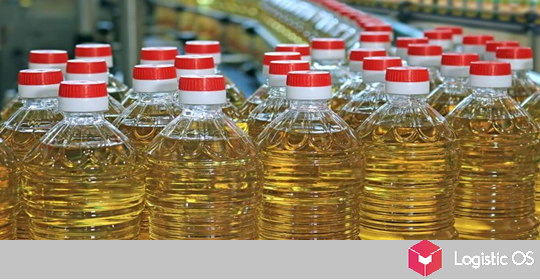European linseed oil producers are sounding the alarm: the European Commission’s plans to increase duties on the import of raw materials from Russia create huge risks.
Belgian linseed oil producers were the first to become concerned when they learned that the European Commission plans to immediately increase the duty on the import of flax seeds from Russia by 50%.
In their opinion, this could almost completely destroy the entire industry.
Currently, Russia accounts for 60% of the structure of flax seed imports to the EU.
At the same time, the domestic production of flax seeds in Europe covers only 15% of the needs, since such a crop requires large areas for cultivation and is not characterized by high yields.
In this regard, if the duty is increased, the production of linseed oil in the EU may almost completely stop because of this.
Now a ton of seeds costs about 600 euros, and if it costs 900 euros, then there is no point in buying products at that price, experts warn, since oil production will be unprofitable.
All this can lead to very sad consequences for European companies.
If the processing of flax into oil becomes possible, then the vacated niche will be immediately occupied by Russia, Kazakhstan and China, while prices will rise, since producing oil from relatively cheap seeds requires less costs than purchasing finished products abroad.
Moreover, not only the oil itself, but also many products may become more expensive, because this oil is actively used in the food industry.
Animal products may also become more expensive, because flaxseed oil is also included in animal feed.
Finally, it is widely used industrially to produce a wide variety of products such as paint. Accordingly, they too may become more expensive.
In connection with all this, European producers are asking the European Commission not to increase import duties on flax seeds from Russia. They motivate this by the fact that there is simply no one in the world now to replace the required volume of supplies.
If the tariff increase was delayed, countries such as Canada could increase production in the meantime, allowing European companies to begin importing flax from there.
In its current state, the initiative looks more harmful for Europe than for Russia, oil producers note.
An entire industry will be destroyed in the EU, while the Russian Federation will be able to organize its own processing of seed oil and supply a product with high added value to the European market, thereby significantly increasing its income.

